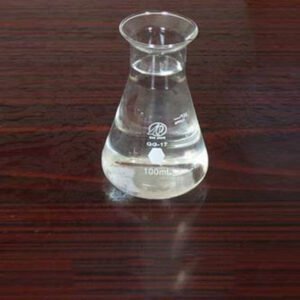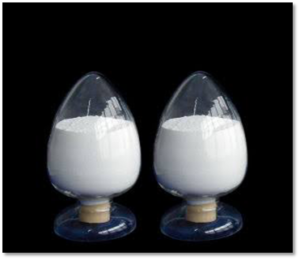Lithium chloride (LiCl) is a chemical compound composed of lithium and chlorine atoms, and it is highly soluble in water. Here are some key points about lithium chloride:
- Chemical Formula: The chemical formula of lithium chloride is LiCl, indicating that it consists of one lithium ion (Li^+) and one chloride ion (Cl^-).
- Purity: When stated as “99%,” it refers to the purity of the compound, indicating that 99% of the substance is lithium chloride, with the remaining 1% comprising impurities or other substances.
- Physical Properties:
- Appearance: Lithium chloride typically appears as a white, crystalline solid.
- Solubility: It is highly soluble in water, with the ability to dissolve in both polar and non-polar solvents.
- Melting Point: Lithium chloride has a high melting point of approximately 605°C (1,121°F).
- Applications:
- Industrial Processes: Lithium chloride is commonly used in various industrial processes, including:
- Desiccation: It is utilized as a desiccant (drying agent) in air conditioning systems and industrial drying applications due to its hygroscopic nature.
- Chemical Synthesis: Lithium chloride serves as a precursor or catalyst in the production of lithium metal, lithium batteries, pharmaceuticals, and organic compounds.
- Molten Salt Reactors: It has potential applications in molten salt reactors as a coolant and neutron moderator due to its high melting point and neutron absorption properties.
- Pharmaceuticals: Lithium chloride may be used in pharmaceutical formulations for specific medical purposes, although its use in this field is less common compared to other lithium salts.
- Industrial Processes: Lithium chloride is commonly used in various industrial processes, including:
- Health and Safety Considerations:
- Lithium chloride should be handled with care as it can cause irritation to the skin, eyes, and respiratory system upon exposure.
- It is important to follow proper safety procedures, including wearing appropriate personal protective equipment (PPE) such as gloves, goggles, and a lab coat when handling lithium chloride.
- Ingestion or inhalation of lithium chloride can be toxic and may lead to adverse health effects, including gastrointestinal irritation, nausea, vomiting, and respiratory irritation.
- Environmental Impact:
- Lithium chloride does not pose significant environmental hazards when handled and disposed of properly. However, large spills or improper disposal may lead to contamination of soil, water, and aquatic ecosystems.











Reviews
There are no reviews yet.